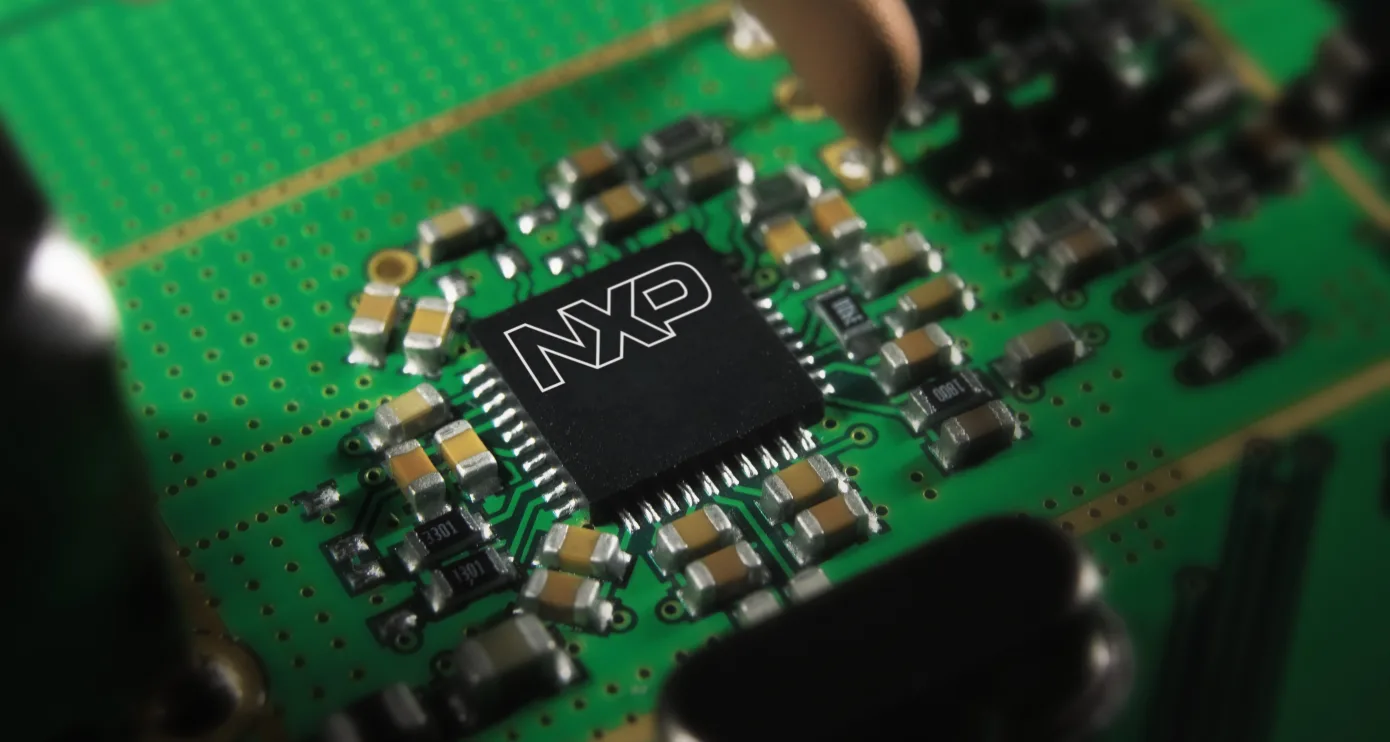Dutch Defense Ministry official arrested for exporting spare parts to Russia
18 September, 2023 Illustration photo of Dutch police officers. Photo from open sources The Netherlands has arrested a Defence Ministry official accused of having evaded EU sanctions against Russia.
This is reported by Euractiv. The official was engaged in exporting spare parts for aircraft to Russia through third countries. The arrest was made by the Dutch Fiscal Information and Investigation Service (FIOD).
The 48-year-old Arnhem-based man was arrested in late August, while his 53-year-old accomplice, who provided investigators with the necessary information to close in on the Defence official, was arrested the day before.
 Illustrative photo of the EU flag. Photo from open sources
Illustrative photo of the EU flag. Photo from open sources
"Investigative information led on 30 August to the search of the residence and the arrest of a 48-year-old man from Arnhem. He too is suspected of circumventing sanctions legislation through his companies [...] by exporting aircraft parts to Russia [...]," the FIOD stated in a press release.
Both men are accused of exporting spare aircraft parts to Russia via third countries following the outbreak of the war in Ukraine and the introduction of EU sanctions in February last year. "Records, digital data carriers and ammunition were seized at his residence. The man is employed by the Ministry of Defence," it added.
The news comes a week after Latvia-based Russian investigative website iStories published a report on how spare aeroplane parts are being re-exported to Russia by Western companies via third countries - including Lithuanian companies. Militarny reported in January 2023 that microchips of the Dutch NXP and Nexperia companies arrived in Russia despite the sanctions.
 NXP's products.
NXP's products.
Photo from open sources
The NXP and Nexperia products were found in a Russian howitzer, a cruise missile, an attack helicopter, and a Shahed-136-type kamikaze drone. Manufacturers emphasize that they comply with the rules and sanctions and do not do business with Russia. Their customers also do not have the right to sell chips in the Russian Federation.
The investigation notes that there is a clear picture of how a small group of Chinese companies receive chips from the Netherlands and export them to Russia.